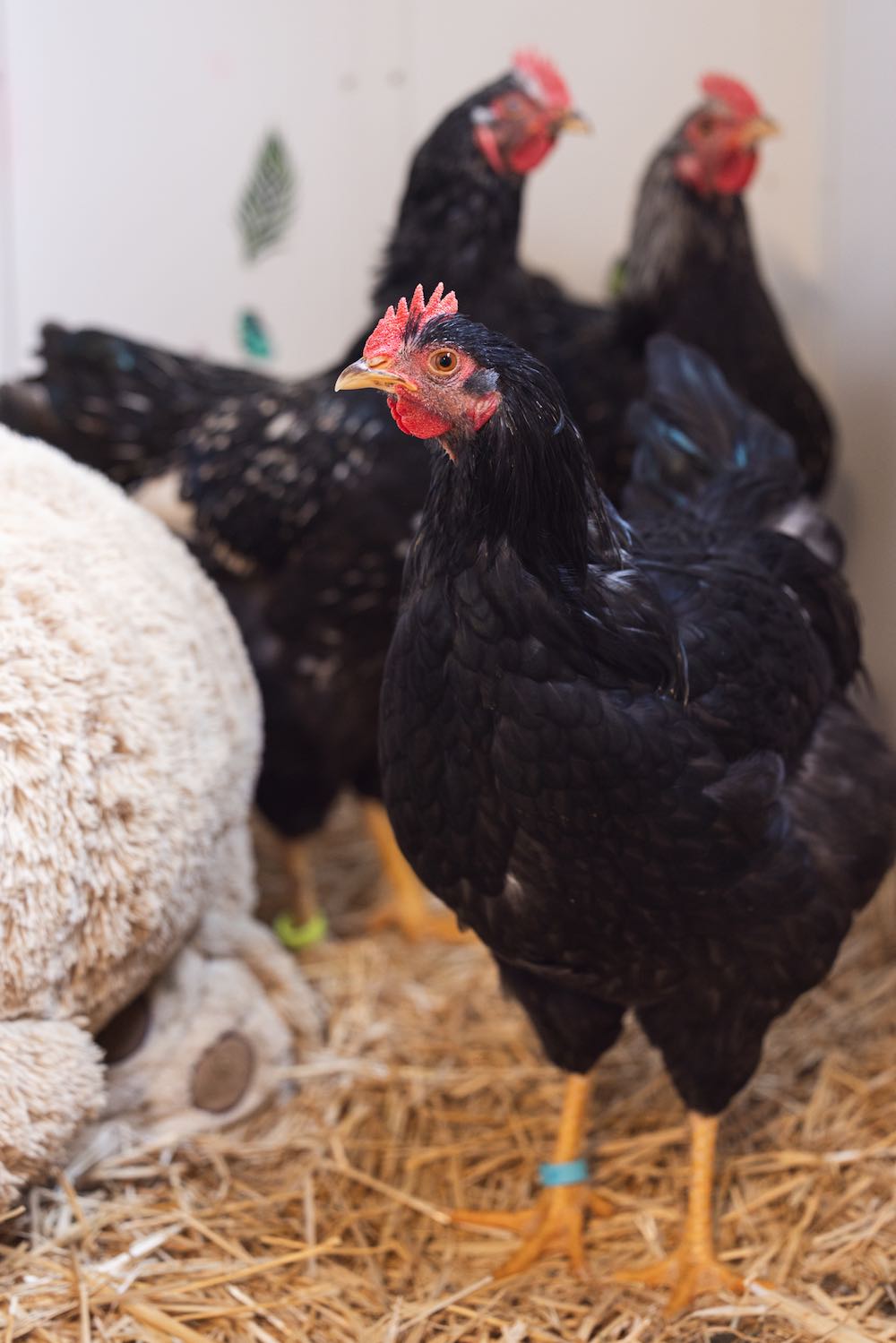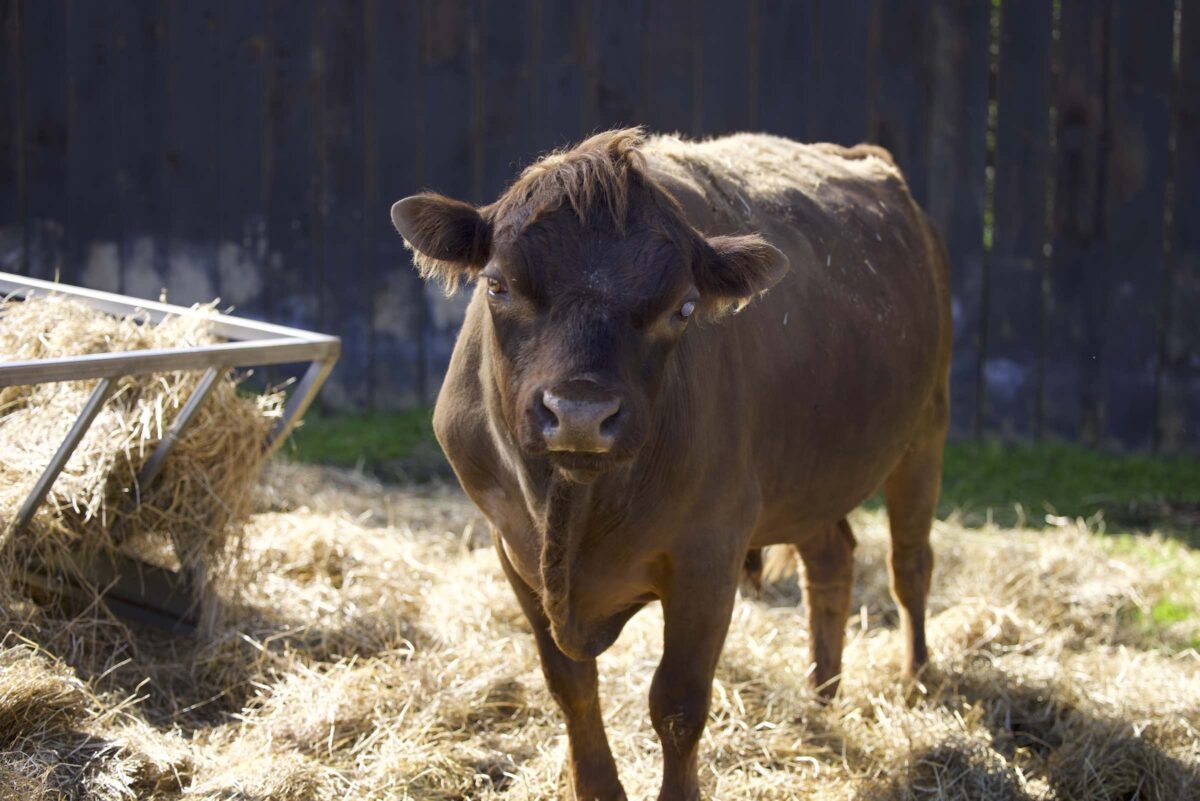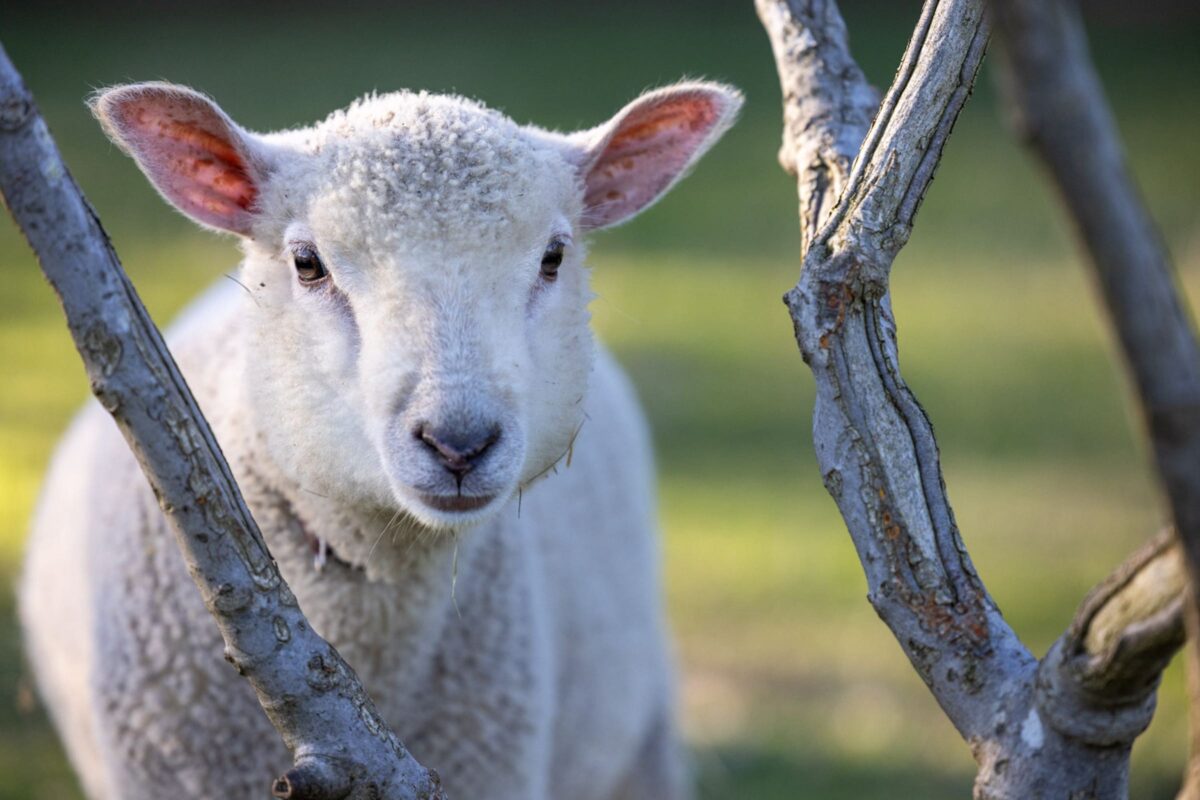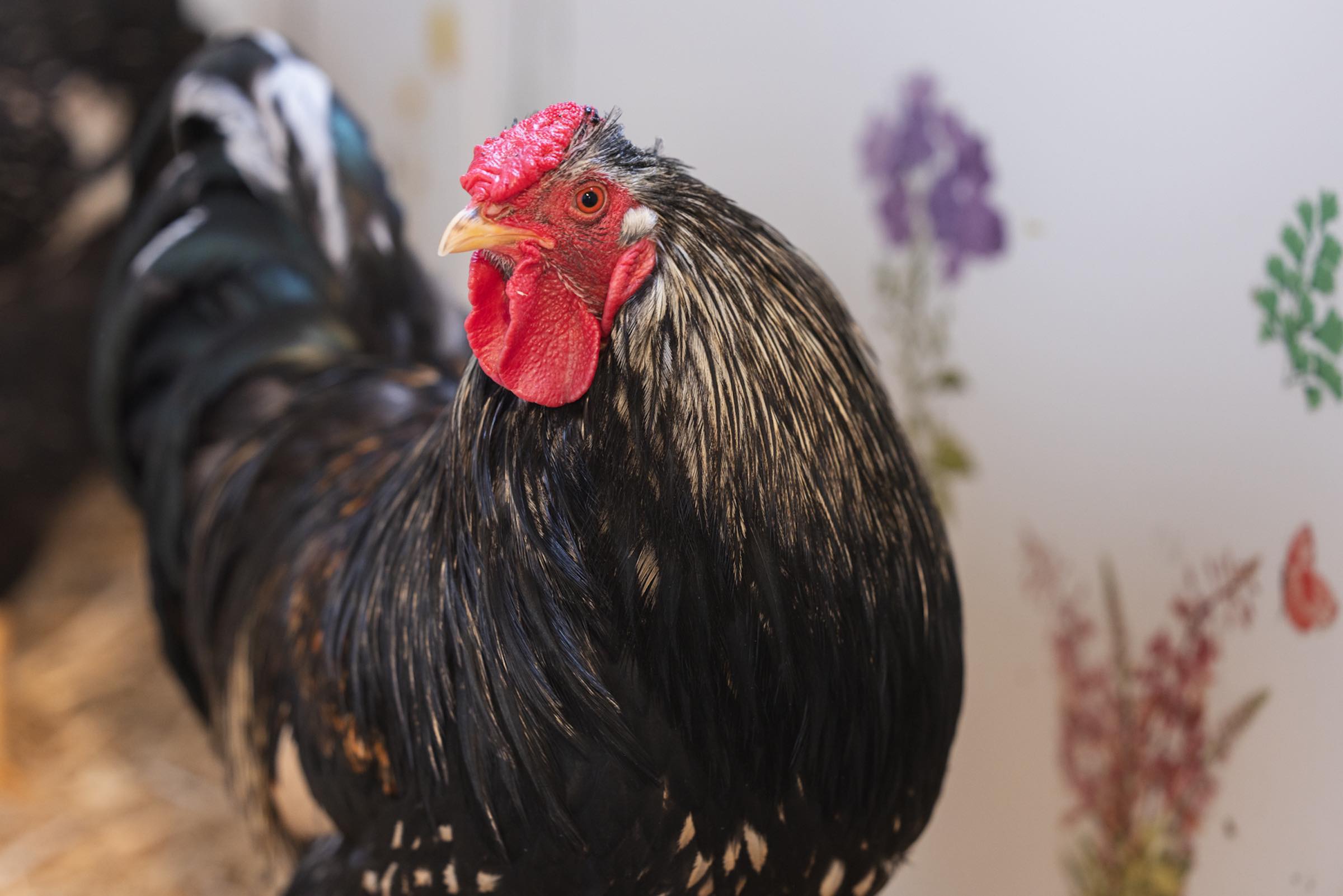
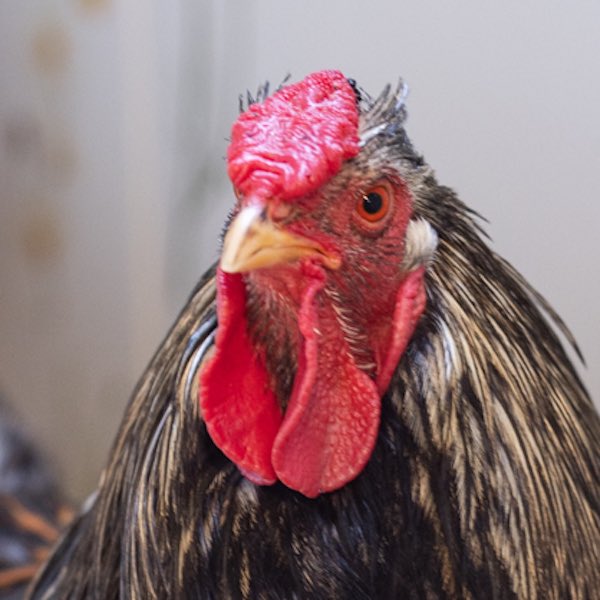
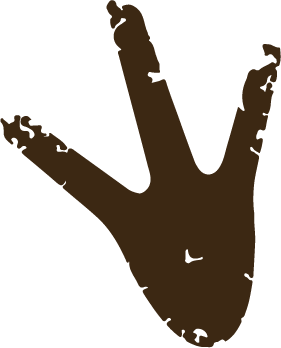
Bravery Wears Feathers: Why We Must Dump Cruelty, Not Roosters
“Have you lost a rooster? There’s one by the side of the road at your southern boundary. I think he’s injured.”
Our hearts raced. They couldn’t possibly be ours. Regardless, we checked. “All stations, all stations—we’re not missing a rooster by any chance?” The reply came swift and steady. “No. Everyone is here.”
Still, we went. There, crouched in the grass, was a kind soul keeping watch over the bird. And then we saw them—more dark shapes among the blackened remnants of long-ago bushfire. Roosters. Camouflaged among the charred debris, popping up like silhouettes. Vanishing at the sight of us.
One. Two. Three.
Backup was called.
Together, we moved in. Our first target was the older fellow, clearly struggling to walk. But we underestimated his agility. Rallying his band of brave birds, they were off. They sprinted into a paddock. Weaving through fallen branches, jumping downed logs and finding fence gaps.
Deft of craggy foot. Brave of beating heart.
Though quickly caught, the adept fourth squeezed through an impossible opening, zig-zagging like a seasoned escape artist until, at last, he was cornered. And safe.
These defiant birds weren’t just survivors—they were warriors. Dumped by a cold heart who no longer had a use for them, likely spurred by an inability to produce eggs and the crowing of the young cockerels.
Yet they’d stayed together. Outwitted predators. And defied the odds.
The leader we named Mark Antony—a rooster of spectacular stature and unbreakable spirit. Even in our arms, he pecked at our hands, determined to regain his freedom.
People who use the word chicken as a slur have clearly never met a brave bird. We overpower them in strength. We domineer them in size. We exploit them in use.
And yet, they will fight for their lives when held in our grip.
Though Mark Antony had a steely veneer, his body told a harder truth: a razor-edged keel bone from hunger, discarded string cruelly bound around his toes, one toe already lost and another two at risk. With care and precision, we freed him from the string, trimmed his long nails and treated his painful scaly mite.
Beside him, Julius Caesar—young, proud, with a band of white feathers at his neck that set him apart. And his likely brothers, Cassius in shiny black plumes that gleamed like armour and pensive Cicero, tall on his yellow legs, inhaling deeply as if ready to deliver a grand oration.
Perhaps, we ponder, that message would be: dump cruelty, not roosters.
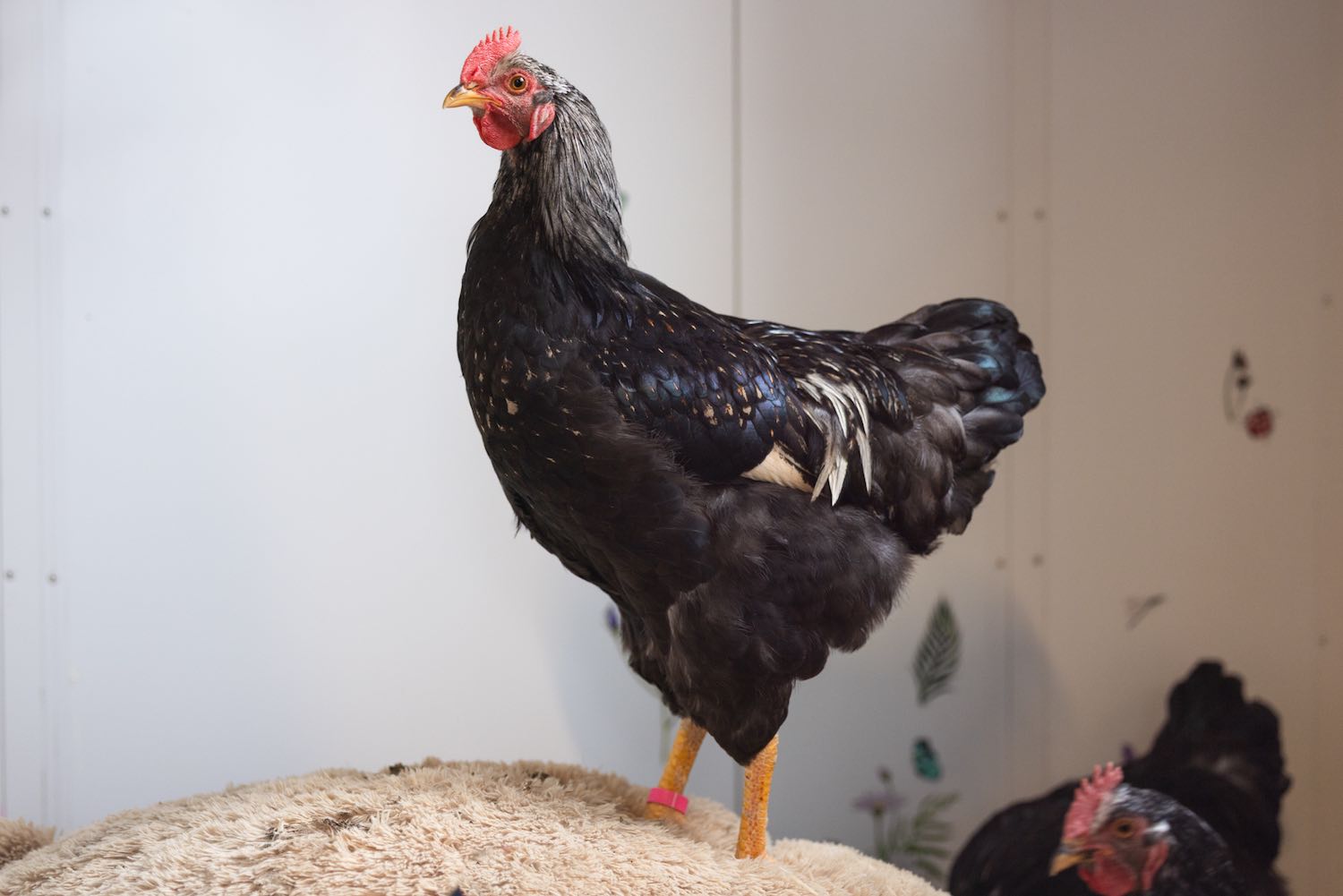
The tale of these brave birds is one sanctuaries hear all too often—one littered across many social media pages and one that could so easily be avoided. Whether discarded from chicken-hatching programs that teach little of responsibility, surplus from breeders or sold to the naive as backyard layers only to become testosterone-charged lads, roosters too often pay a tragic price for it all.
And please never forget—behind every egg, in every system—cage, barn, free-range, or organic—there’s a dear rooster who wasn’t wanted.
Most never see their first sunrise.
Can you imagine, but for a moment, if every male puppy or kitten were killed simply because of their gender?
And those like Mark Antony and his loyal band too often fall through the cracks of kindness, animal protection laws and council provisions.
But we can change this. We can choose care over cruelty. We can be like these brave birds—loyal, strong and willing to take a stand.
Dump cruelty, not roosters. It really is that simple—and it starts with us.
